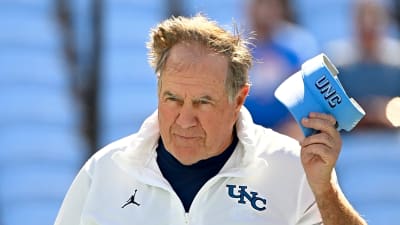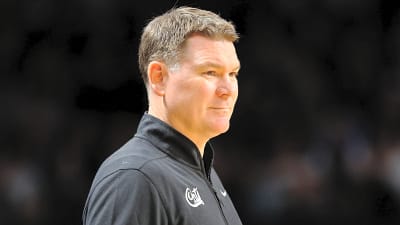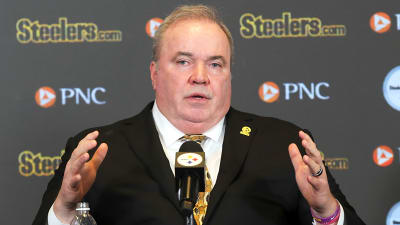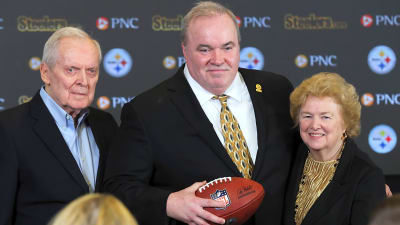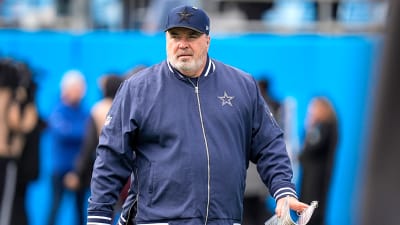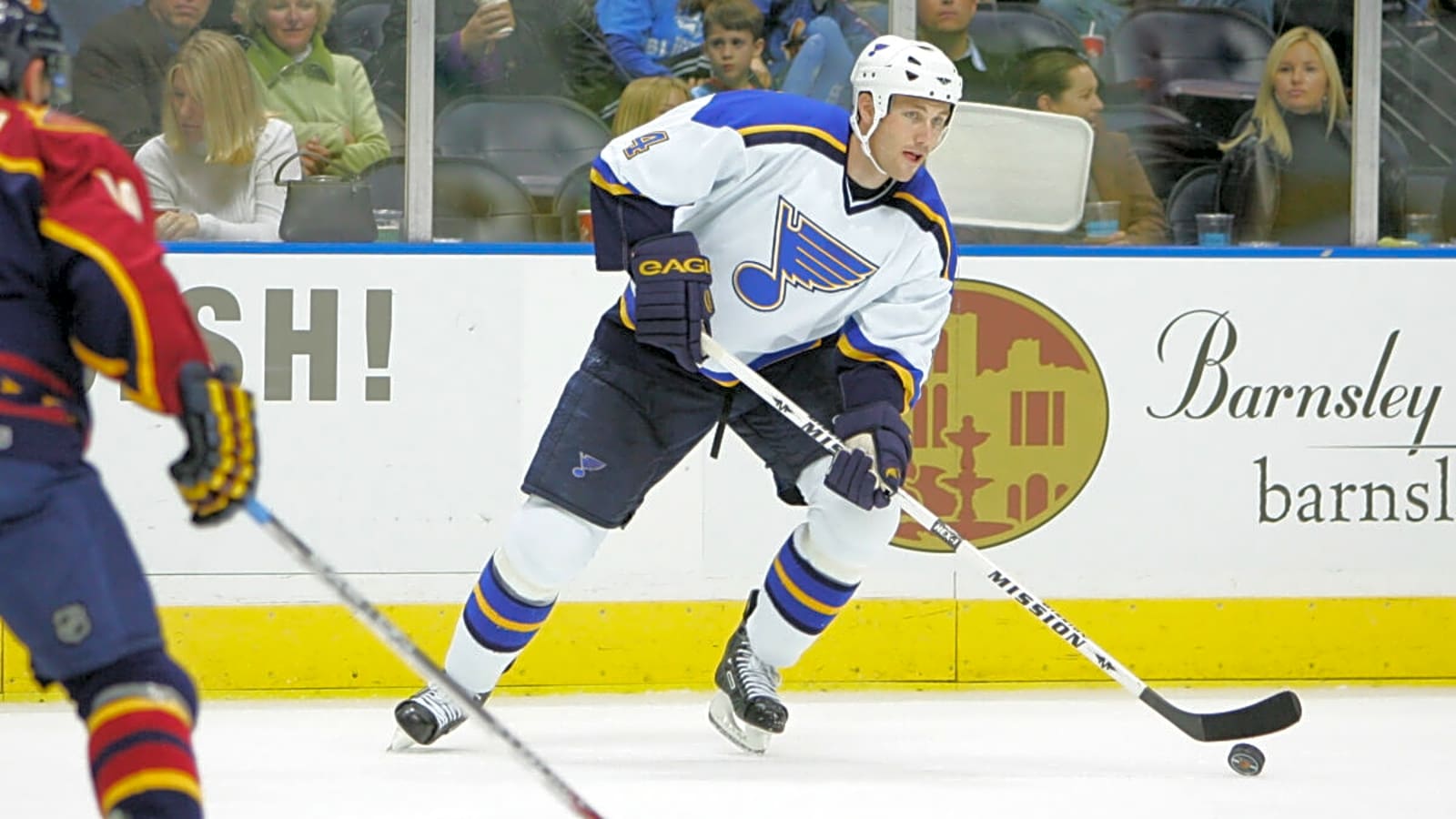
As we near the 20th anniversary of the Edmonton Oilers’ trade for Chris Pronger from the St. Louis Blues, there will be a lot said and written about the impact that the Hall-of-Fame blueliner made in Oil Country, and rightly so.
Pronger was, quite literally, a transformative player. Before his arrival, the Oilers had a grand total of two playoff series victories over the previous 13 years combined. In 2006 alone, the Oilers won three playoff series, reaching Game 7 of the Stanley Cup Final with a magical run that will forever be cherished in Edmonton. When Pronger departed Edmonton after just one season, traded to the Anaheim Ducks amid a sea of controversy, the Oilers were plunged into the infamous “Decade of Darkness”, missing the playoffs for 10 consecutive years.
There is no player in franchise history who’s had such an incredible effect over such a short period of time as Pronger. That’s why he is still talked about to this day.
But one name you likely won’t hear mentioned is the centrepiece of the package that Edmonton traded to acquire Pronger from the Blues: Eric Brewer.
Blockbuster Trade
On Aug. 3, 2005, the Oilers dealt a trio of blueliners, Brewer, Doug Lynch and Jeff Woywitka, to St. Louis in exchange for Pronger. They then signed Pronger to a five-year deal worth $31.25 million, at that time the biggest contract ever handed out by the Oilers.
The moves came on the heels of a new Collective Bargaining Agreement (CBA) between the NHL and its players’ association (NHLPA), which included a salary cap for the first time in league history. The entire 2004-05 NHL season had been wiped out as the two sides sparred.
In the years before the salary cap, the Oilers were forced time and again to trade away their star players because they couldn’t afford to pay them what other teams could. Now, the Blues didn’t have the salary cap space to keep Pronger. Thus, Edmonton’s acquisition of the Norris Trophy winner was symbolic of a new era for the NHL.
But the Blues weren’t exactly giving away Pronger. Lynch and Woywitka, for starters, were both high draft picks in 2001 (44th and 27th, respectively), and while neither was setting the world afire early into their pro careers, both were still young enough to be seen as having great potential. Brewer, however, was the key component of the deal as far as St. Louis was concerned.
Draft Day Deal
Ironically, Brewer was originally acquired by Edmonton in one of the aforementioned salary-driven trades, at the 2000 NHL Draft, when new Oilers general manager (GM) Kevin Lowe sent star defenceman Roman Hamrlik to the New York Islanders.
Hamrilk, then just 26 and already a veteran of over 600 games (regular season and playoff) in the NHL, was coming off a 45-point season and due a raise on his $2.25 million contract. That was too rich for the Oilers’ blood, and thus, Hamrlik was shipped off.
In exchange for the All-Star blueliner, Edmonton received Brewer, along with 22-year-old forward Josh Green and a second-round draft pick (used to select winger Brad Winchester).
The fifth overall draft pick in 1997, Brewer suited up for 63 games at age 19 with the Islanders in 1998-99. But he’d taken a bit of a step back in 1999-00, playing just 26 games for the Isles, while being sidelined for two and a half months with a sprained knee and spending the rest of the season in the American Hockey League (AHL).
This was the first major trade made by Lowe. The future Hall-of-Fame defenceman had been hired as GM only 15 days earlier, succeeding the legendary Glen Sather. If there was one thing that Lowe knew, it was defence, and he saw something in the 21-year-old, 6-foot-4 Brewer.
Instant Impact
Brewer was a regular in Edmonton’s lineup right from the start of the 2000-01 season, and his role only increased as the season wore on. After averaging just over 14 minutes of ice time per game in October and November, Brewer logged an average of more than 20 minutes over the last four months of the schedule. He finished the season with seven goals and 14 assists in 77 games, while tying for the team lead with a plus/minus rating of plus-15.
The Vernon, B.C., native’s contributions helped the Oilers greatly outperform expectations in 2000-01 as they finished the season with 39 wins and 93 points, their highest totals since 1987-88.
Edmonton’s surprise campaign included a then-franchise record nine straight wins from Feb. 20 to March 13. Brewer had an incredible plus/minus of plus-12 over that stretch, and his overtime goal against the Tampa Bay Lightning gave the Oilers their record-setting ninth consecutive victory.
Brewer’s tremendous play continued into the postseason, where the Oilers pushed the heavily favoured Dallas Stars to six games in Round 1. He averaged 28:12 of ice time during the playoffs, second most on the Oilers, while scoring once and tying for the team with five assists.
Olympic Champion
On Dec. 15, 2001, Brewer was named to Canada’s men’s hockey team for the 2002 Olympic Winter Games. His inclusion on the roster drew criticism from some who felt it was due to Lowe’s role as Assistant Executive Director for the Canadian men’s Olympic hockey team. But when the puck dropped on the Winter Games in Salt Lake City, Brewer quickly silenced the critics.
The 2002 Olympics will go down as one of the greatest moments in Canadian hockey, as Team Canada ended a 50-year gold medal drought, and Brewer played a huge role in that triumph. He played excellent defense, tied for the lead among all defenceman at the Olympics with two goals, and had the game-winner in Canada’s semi-final victory over Belarus.
While the Oilers just missed qualifying for the 2002 Playoffs, Brewer continued his emergence as an elite blueliner, totalling 25 points while averaging just under 24 minutes in 81 games.
All-Star Selection
Brewer set new NHL career highs in 2002-03, with eight goals and 21 assists, while leading the Oilers with nearly 2,000 minutes played. He was selected to play in the 2003 NHL All-Star Game, a validation of his place among the game’s elite rearguards.
Most importantly, Brewer helped the Oilers return to the postseason, where he once again elevated his game. In Edmonton’s 4-2 first-round loss to the Stars, Brewer registered a goal and three assists to tie for the team lead with four points.
With the departure from Edmonton of yet another All-Star defenceman, Janne Niinimaa, who was traded to the Islanders at the trade deadline in 2003, Brewer had assumed the mantle of the Oilers’ No. 1 rearguard.
It was a responsibility he shouldered admirably in 2003-04, logging close to 25 minutes of ice time per game, while chipping in seven goals and 18 assists in 77 games. Edmonton made a furious push to make the playoffs, but once again came up just short, being eliminated from contention with a loss to the Vancouver Canucks in its last game of the regular season. That was Brewer’s final appearance in Oilers’ colours.
Model of Consistency
Edmonton has seen its share of defencemen who are tremendously talented, but lack the consistency to be a player that the team can rely on from game to game, never mind season to season. That was never an issue with Brewer, who was one of the steadiest hands ever deployed on the Oilers’ backend.
As an Oiler, Brewer played 77 games twice, 80 games once, and 81 games once. He scored seven goals three times and eight goals once. Over his last three seasons in Edmonton, he recorded 18 assists twice and 21 assists once, while totalling 25 points twice and 29 points once. He logged fewer than 20 minutes only nine times, spanning the 2001-02 and 2003-04 seasons.
Brewer also stepped up when it mattered most, nearly tripling his points per game average in the playoffs (0.88) from the regular season (0.32) as an Oiler. He had a spectacular run of international success during his time in Edmonton. In addition to Salt Lake City in 2002, Brewer won gold with Team Canada at the World Championships in 2003 and 2004, and the 2004 World Cup of Hockey.
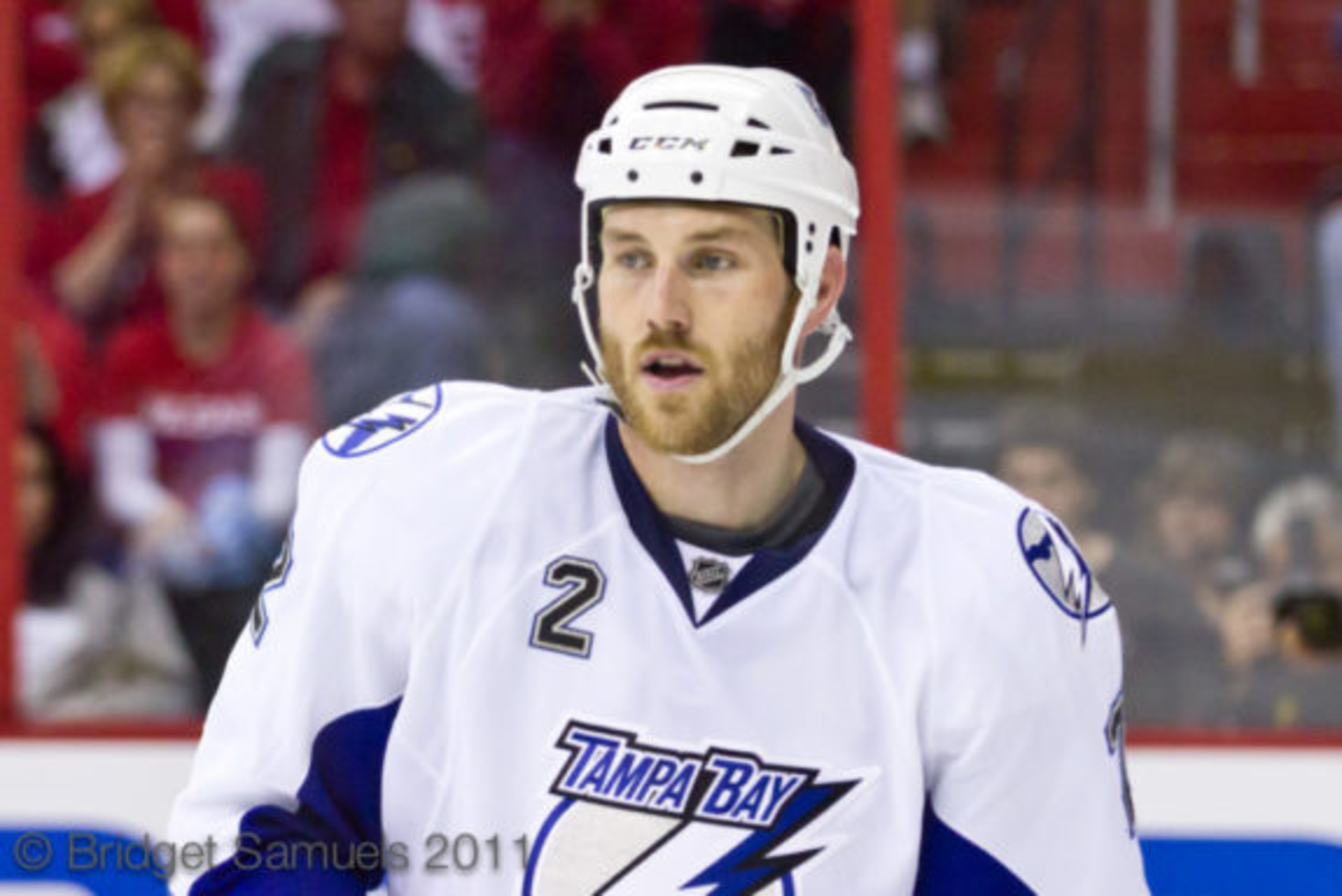
Brewer ultimately went on to play 15 seasons in the NHL, suiting up for 1,009 regular-season games. In addition to the Blues, he had stints with the Lightning, Anaheim Ducks, and Toronto Maple Leafs. He also won another gold medal at the 2007 World Championships, making the British Columbian a perfect five-for-five when playing for his country.
Countless retired former Oilers have been feted in Edmonton over the years. Even Pronger, who for the longest time was Public Enemy No. 1 in Oil Country, received a rousing ovation when he was shown on the Jumbotron at Rogers Place during Game 5 of the 2025 Stanley Cup Final.
Brewer, however, has never returned to Edmonton since hanging up his skates a decade ago. That could entirely be of his own volition. But no matter what the reason, the result is the same: Eric Brewer remains The Forgotten Oiler.
More must-reads:
- Eight NHL players to watch at the upcoming Winter Olympics
- When Steelers reportedly could make final Aaron Rodgers decision after hiring of Mike McCarthy
- The '14-win NFL quarterbacks' quiz
Breaking News
Trending News
Customize Your Newsletter
 +
+
Get the latest news and rumors, customized to your favorite sports and teams. Emailed daily. Always free!
